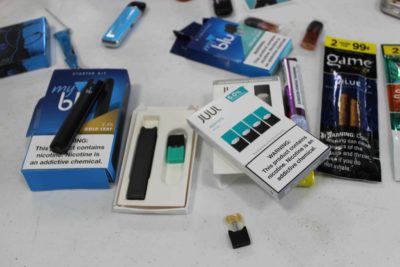The Center for Racial Equity in Education (CREED) has recently released “E(race)ing Inequities” — an analysis of the state of racial equity in North Carolina public schools — along with a companion report, “Deep Rooted: A Brief History of Race and Education in North Carolina.” This work is led by James Ford, executive director of CREED, in partnership with the North Carolina Center for Public Policy Research. As part of this series, we are profiling figures across North Carolina who have experienced the crossroads of race and education first-hand.
Norman Cherry has served in the education and policy sector in Bertie and Martin counties for decades, including as a teacher, principal, and county commissioner. In the video below, Cherry shares some of his experiences in schools as well as his hopes for the community he still calls home.
Cherry currently serves as director of Martin Community College’s Bertie County campus. He has yet to leave work in the field he cares so much about — education — even after working for 32 years as an educator.
Previously, Cherry served as principal for four schools in the district: Bertie High School, Southwestern Middle, Orlando Elementary, and C.G. White (since serving his terms, several of these schools have restructured or had name changes). However, Cherry first began his journey in education as a classroom teacher, including during the transition to integrated schools.
Even as the only black male teacher in a newly integrated school, he said he remembers the transition, personally, as a warm one. He also recalled that during segregation, he had several white neighbors he grew up playing with outside of school. And he laughed remembering when high school students drove the buses for students and he and his white friend would jokingly see who could get their buses to their respective schools faster.
“I lived through that, but I didn’t take that as a deterrent,” he said of growing up during segregation.
“We were separated by law,” he said. “But not by heart.”
Editor’s note: James Ford is on contract with the N.C. Center for Public Policy Research from 2017-2020 while he leads this statewide study of equity in our schools. Center staff is supporting Ford’s leadership of the study, has conducted an independent verification of the data, and has edited the reports.


